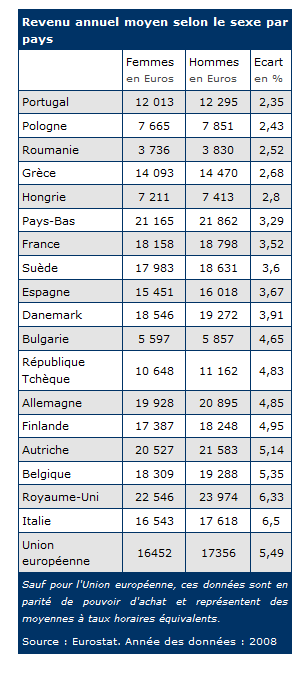This is a great NY Times article, very much in the tradition of bringing in whichever outside expert knows plenty about the subject, and (presumably) giving them very thorough editing for language and comprehensibility.
The subject is aelf-tracking, automatically gathering data about your health, mood, daily activities, storing it in a form which allows you later to analyze it and unpick the interactions between aspects of your daily life:
A hundred years ago, a bold researcher fascinated by the riddle of human personality might have grabbed onto new psychoanalytic concepts like repression and the unconscious. These ideas were invented by people who loved language. Even as therapeutic concepts of the self spread widely in simplified, easily accessible form, they retained something of the prolix, literary humanism of their inventors. From the languor of the analyst’s couch to the chatty inquisitiveness of a self-help questionnaire, the dominant forms of self-exploration assume that the road to knowledge lies through words. Trackers are exploring an alternate route. Instead of interrogating their inner worlds through talking and writing, they are using numbers. They are constructing a quantified self.
The project most interesting to me was one of the simplest, the moodscape mood-tracking system. And even there, it’s less for the interface itself than for the list of mood elements, which I may well incorporate into a spreadsheet and skip the online elements entirely.
